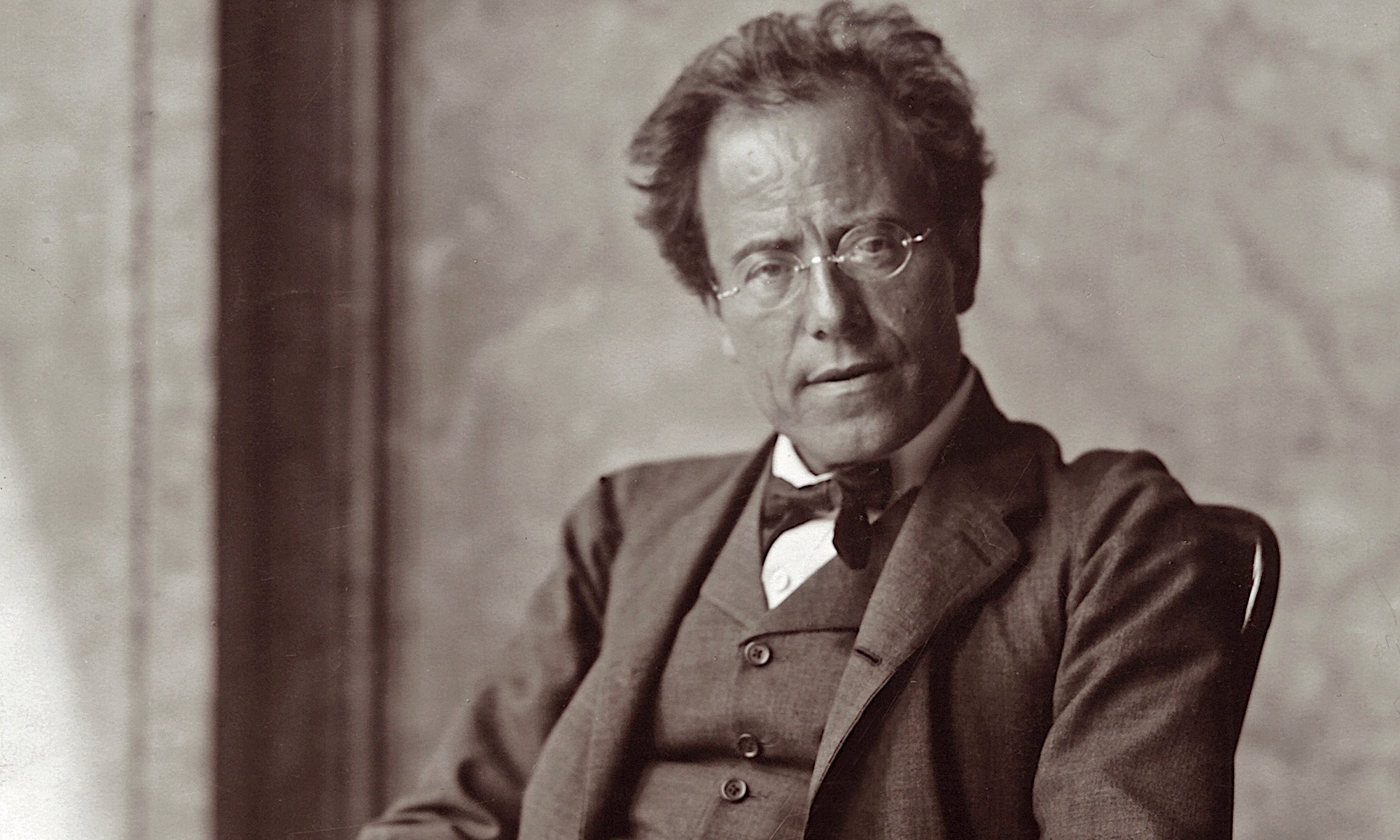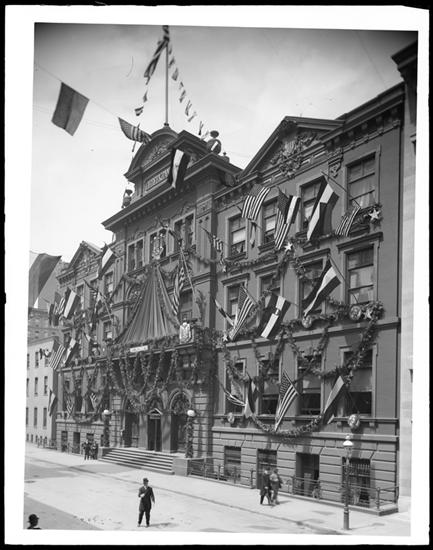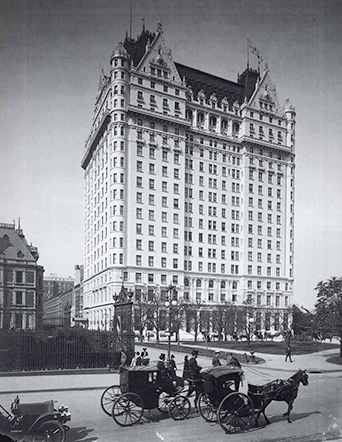- Chronology: Year 1911
- Location: Carnegie Hall
- Nature: Thirteenth regular subscription concert (8:15 pm)
- Program: All Italian program. Leone Sinigaglia (1868-1944), Felix Mendelssohn Bartholdy (1809-1847), Giuseppe Martucci (1856-1909), Ferruccio Busoni (1866-1924), Marco Enrico Bossi (1861-1925)
- Composition Mahler: No
- Soloist: Ernesto Consolo (1864-1931) (piano)
- Conductor: Gustav Mahler (1860-1911)
- Orchestra: New York Philharmonic Orchestra (NYPO/NPO)
- Chorus: No
- Concert number: c322
- Notes: Last concert conducted by Gustav Mahler (1860-1911)
- World premiere of Busoni – Berceuse elegiaque.
- The New York Times reports that Ferruccio Busoni (1866-1924) attended the concert, sharing a box with Arturo Toscanini (1867-1957). This is confirmed by a letter from Busoni to his wife.
- It appears that Mahler was not feeling well when he climbed the podium on 21-02-1911. His friend, Dr. Joseph Fraenkel (1867-1920), had advised against his appearance. However, the ever conscientious Mahler, who had cancelled performances due to sickness only a few times over his long conducting career, disregarded his doctor’s advice and conducted what sadly proved to be his last concert. The following morning Mahler cancelled the repeat performances on 24-02-1911, which only emphasizes the gravity of his illness. Theodore Spiering (1871-1925) stepped in as Mahler’s substitute at the first cancelled concert, and continued to replace Mahler during the season’s remaining five weeks. However, Spiering’s name never appeared in the printed programs, which all announce Mahler as conductor, even the improvised extra concerts that were not part of the New York Philharmonic Orchestra (NYPO/NPO) scheduled subscription concerts. This can only mean that Mahler constantly hoped that he would soon recover his health and resume work with the New York Philharmonic Orchestra (NYPO/NPO). It is not known whether or not Mahler took an active part in programming the concerts during his illness. The Viennese newspapers did not take any notice of Mahler’s illness before 24-03-1911, when the Neue Freie Presse announced that Anna Sofie Moll-Schindler-Bergen (1857-1938), Mahler’s mother-in-law, had left Vienna for New York in order to support her daughter in looking after Mahler.
- The season’s remaining concerts were: 24-02-1911, 26-02-1911, 27-02-1911, 28-02-1911, 03-03-1911, 05-03-1911, 07-03-1911, 10-03-1911, 12-03-1911, 14-03-1911, 17-03-1911, 19-03-1911, 21-03-1911, 22-03-1911, 24-03-1911, 27-03-1911, 28-03-1911 and 02-04-1911
- On 08-04-1911, six days after the last planned concert, Mahler left New York and sailed for Europe. See Year 1911 and 1911 Eastbound S.S. Amerika. Ferruccio Busoni (1866-1924) was also aboard




